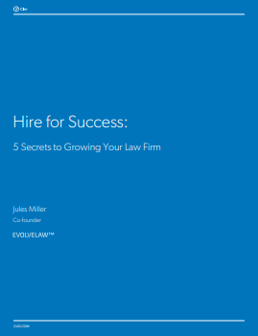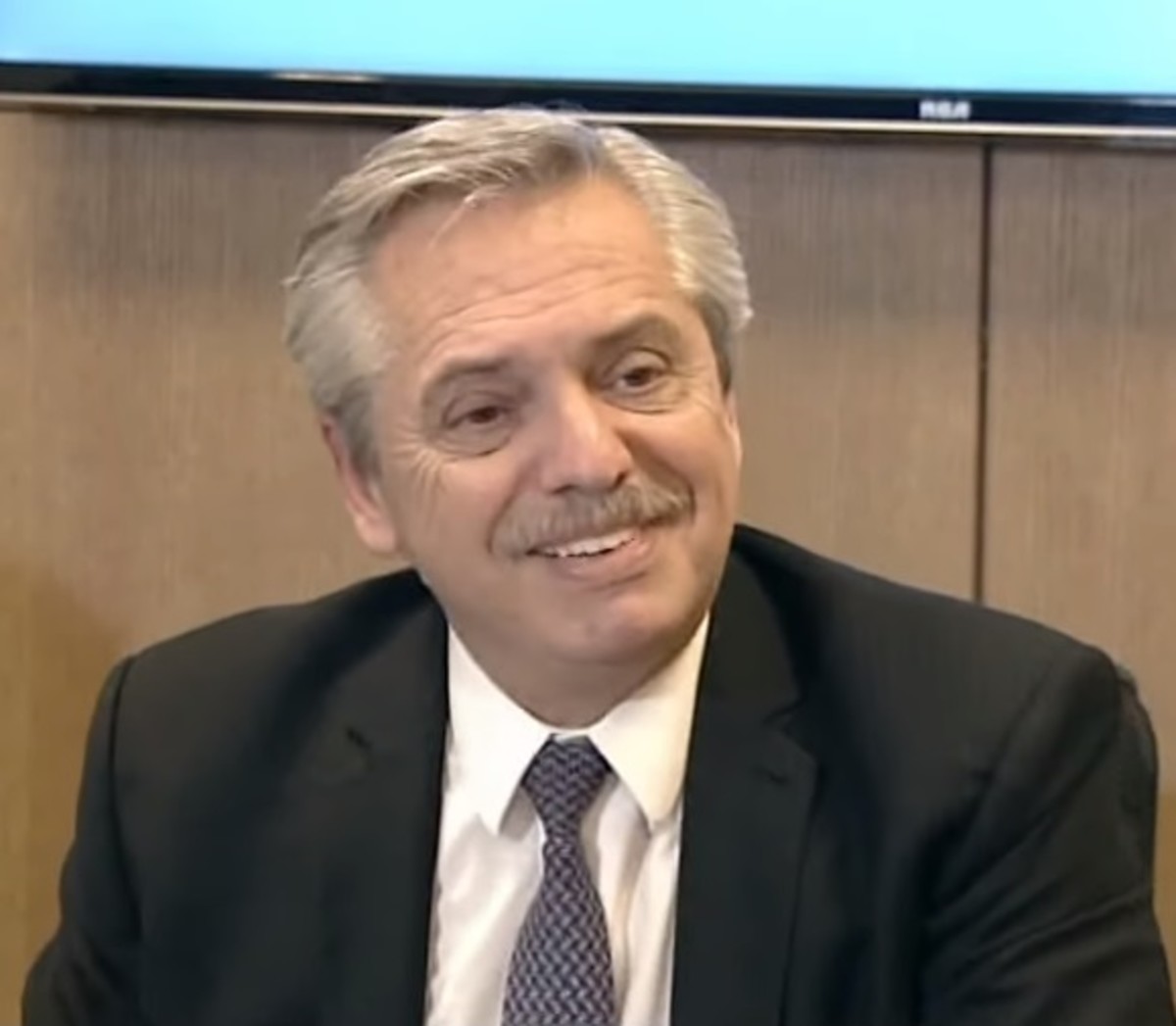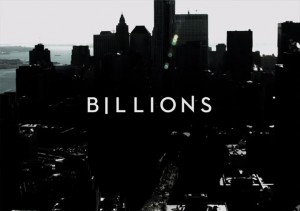Back in January, I wrote about a recently filed SDNY copyright case against the hit show, Billions. In that column, I addressed the plaintiff’s “thin, if aggressive, right-of-publicity claim” while suggesting that because of the emotions involved, it represented a case that “may get to a decision on the merits.” I presented the case as part of a broader discussion of the important, yet often overlooked, role of emotion in IP cases. The Billions case was a good example in my view, because it involved a recognized author and practitioner of hedge-fund performance coaching, Denise Shull, challenging a popular show’s use of a similar persona as a key character. Key to her aggrievement was the fact that she thought she would have an ongoing role consulting for the show.
I continued to monitor the Billions case and wrote a follow-up column on it a few months later, focusing on the intensive motion-to-dismiss briefing submitted by both sides of the dispute. There, I focused on the plaintiff’s presentation of “a number of arguments suggesting to the court that there is something more to this particular case than the run-of-the-mill “hot content, hot claim” case that the defendants want to characterize it as, in the hopes of at least getting to the discovery phase and further testing the creators on the extent of their reliance on her work. In particular, the briefs stridently differed on the appropriate test for copyright infringement that should be applied, as part of each side’s attempt to place the asserted claims in a certain precedential bucket. For defendants, that bucket was “cases where similar copyright claims against hit content were dismissed,” while Shull’s lawyers argued otherwise. While I did not make any predictions as to the ultimate result, the thrust of my column was that there can be much to learn from following IP cases as they develop.
Taking my own advice, I decided to check if a decision had been rendered in this copyright dispute of some notoriety. And one had. On October 4, 2019, Judge Daniels of the SDNY decided in Billions’ favor, determining that all of plaintiff’s claims — including the copyright, right-of-publicity, and state law claims — should be dismissed with prejudice. A clean win for Billions, even as its request for attorney’s fees was denied because the court determined that the plaintiff’s claims were not “sufficiently frivolous” to justify a fee award.
While the ultimate result may not have been surprising to those who understand how hard these types of copyright infringement/right-of-publicity claims can be to win, it is still interesting to see how Judge Daniels approached his analysis of the case. To start, his opinion contains a detailed factual background, describing both the literary work at issue, Shull’s book, as well as her interactions with the showrunners of Billions prior to the airing of the pilot episode. Armed with that characterization of the facts, the court proceeded to its legal analysis — the highlight of which is the court’s conclusion that under either determinative “substantial similarity” framework the court might use, infringement by Billions couldn’t be found.
Driving the court’s conclusion of no infringement was the finding that the works “do not seem to resemble each other in the least,” with Shull’s book of an “academic” nature while Billions is a “television show” that demonstrates “the drama that lies in the age old trifecta of money, power, and sex.” In short, a discerning observer, when that test for infringement is applied, would not find the works similar. Likewise, even if the plaintiff’s suggested quantitative/qualitative approach was applied, there was no infringement that arose to anything other than alleged copying of unprotectable ideas that the court could credit. Plaintiff’s attempt to cobble together a number of alleged similarities between events on Billions and events described in the copyrighted work was not enough to warrant an infringement finding. As a result, the court dismissed the copyright claims with prejudice.
Shull’s other claims were also given an early demise. After first determining that only three of Shull’s state-law claims were not preempted, the court addressed each of those claims in turn. First, the court determined that the complaint failed to properly plead that an implied-in-fact contract existed between Shull and Billions, as Shull’s allegations admitted that her expectation was that an agreement for her to consult on the show was something that would be negotiated — as opposed to an agreement that had already been reached. Next, the court found no violation of Shull’s right-of-publicity because Billions never used her persona to advertise the show in any way. Finally, her unjust enrichment claim was dismissed because it was predicated on the alleged existence of the same consulting agreement that the court found had never been entered into.
Ultimately, Billions was able to dodge a fairly typical IP bullet fired at successful popular artistic content. Whether or not the case would have ever been filed if Shull had been given a small consulting deal is unknowable. But there is much to suggest that the emotional distress to Shull from being snubbed, especially after being courted by the showrunners and in light of Billions’ later success, may have been a driving force behind the case. While the show itself may be an irresistible depiction of the strong preying on the weak, this is one situation where everyone may have been better off with better communication. Billions got its dismissal, but perhaps could have avoided the situation completely by being less dismissive.
Please feel free to send comments or questions to me at gkroub@kskiplaw.com or via Twitter: @gkroub. Any topic suggestions or thoughts are most welcome.
Gaston Kroub lives in Brooklyn and is a founding partner of Kroub, Silbersher & Kolmykov PLLC, an intellectual property litigation boutique, and Markman Advisors LLC, a leading consultancy on patent issues for the investment community. Gaston’s practice focuses on intellectual property litigation and related counseling, with a strong focus on patent matters. You can reach him at gkroub@kskiplaw.com or follow him on Twitter: @gkroub.
 Kathryn Rubino is a Senior Editor at Above the Law, and host of The Jabot podcast. AtL tipsters are the best, so please connect with her. Feel free to email her with any tips, questions, or comments and follow her on Twitter (@Kathryn1).
Kathryn Rubino is a Senior Editor at Above the Law, and host of The Jabot podcast. AtL tipsters are the best, so please connect with her. Feel free to email her with any tips, questions, or comments and follow her on Twitter (@Kathryn1).


















 Jordan Rothman is a partner of
Jordan Rothman is a partner of